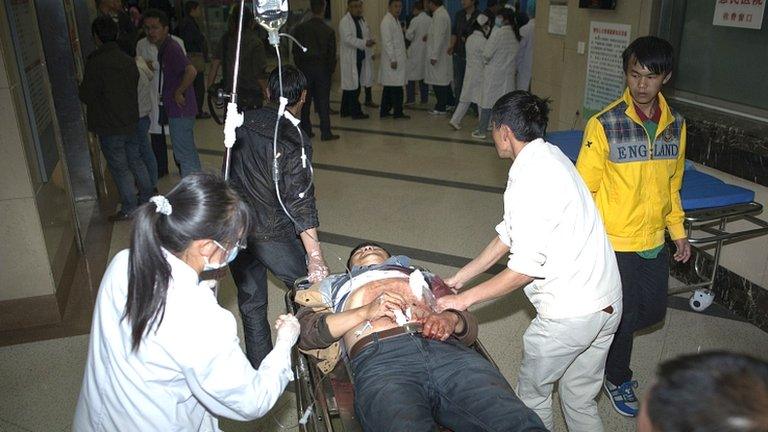China trial for Uighur academic Ilham Tohti
- Published
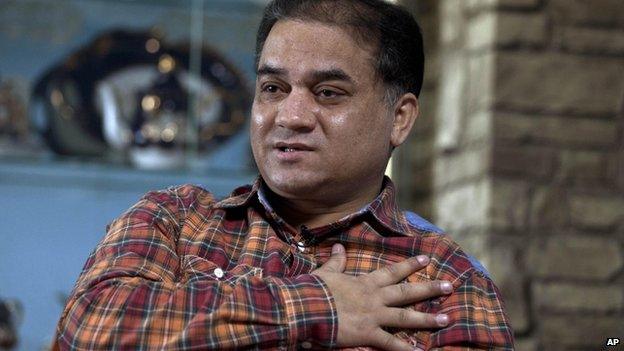
Ilham Tohti is a Beijing-based academic from the Uighur minority group
Prominent Uighur academic Ilham Tohti has gone on trial for separatism in China's far western region of Xinjiang.
Mr Tohti is an economics scholar who has criticised Beijing's policies towards the Uighur minority.
He has been detained since January, after he condemned the government's response to a suicide car attack in Tiananmen Square.
The United Nations, the EU and US have all called for Mr Tohti's release. He denies the charges against him.
Mr Tohti, 44, is being tried at the Intermediate People's Court in Urumqi, the capital of Xinjiang.
Tight security
Prosecutors presented evidence alleging that Mr Tohti advocated that Xinjiang should be made independent.
Their evidence included testimony from his former students. Mr Tohti was teaching at Beijing's Minzu University.
Mr Tohti has rejected the evidence, and his lawyers say that his students' testimony were made under duress.
One of his lawyers, Li Fangping, told Reuters news agency: "Most of the students said Professor Tohti had separatist goals or intentions... We believe they weren't trustworthy statements, that they were made under pressure."
Seven of his students, said to have been working on an Uighur website which Mr Tohti managed, were arrested shortly after he was detained.
Guzaili Nu'er, Tohti's wife, attended the trial with several of his brothers and appeared distraught, according to AFP news agency.
"He has never opposed the country or any ethnic group," she was quoted as saying. "He has never done anything like that."
Human Rights Watch, in a statement, external, said Mr Tohti had "consistently, courageously and unambiguously advocated peacefully for greater understanding and dialogue between various communities, and with the state".
"If this is Beijing's definition of 'separatist' activities, it's hard to see tensions in Xinjiang and between the communities decreasing," said its China director, Sophie Richardson.
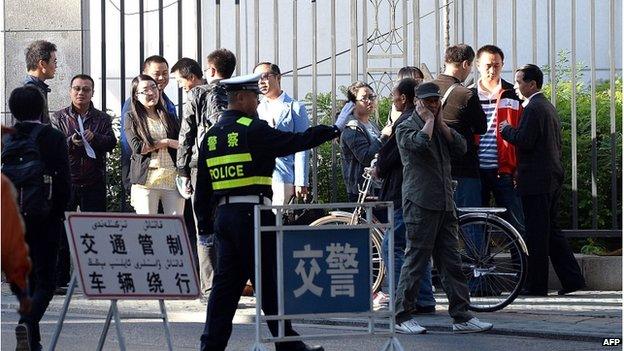
There is a tight security presence around the court building where the trial is taking place
Reports said the court building and surrounding streets were sealed off, with dozens of police officers standing guard, some in riot gear.
Foreign journalists were not allowed inside and while some courts release details of proceedings via official microblog accounts, the Urumqi court has stayed silent.
The Associated Press reported that several Western diplomats were prevented from entering and witnessing the trial. Police blocked views of the court building with tall panels promoting an upcoming trade event in Xinjiang.
The trial is set to continue on Thursday.
'Silencing moderates'
Xinjiang, which borders Central Asia, is home to the Muslim Uighur minority group.
In recent years the region has seen rising tensions between Uighurs and Han Chinese migrants. Violence has increased in recent months, with deadly attacks on civilians in Urumqi and the southern city of Kunming.
Last year, three Uighurs drove a car into pedestrians in Tiananmen Square, killing two people and themselves.
China blames these attacks on Uighur separatists inspired by overseas terror groups. But Uighur activists say increasingly repressive Chinese rule is stoking tensions and fuelling violence.
The most recent violence took place in July in Yarkant, killing 96 people.
State media say police shot 59 attackers after an armed group stormed government offices, killing 37 civilians. Activists say police opened fire on people protesting against a Ramadan crackdown on Muslims.
Critics say that the prosecution of Mr Tohti risks silencing moderate voices and will make the situation in Xinjiang worse rather than better, reports the BBC's Martin Patience in Beijing.
- Published16 September 2014
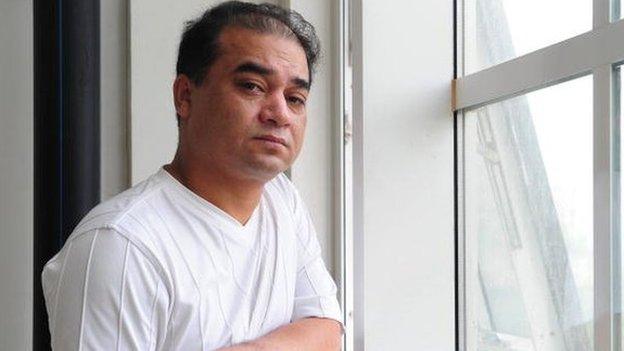
- Published27 June 2014
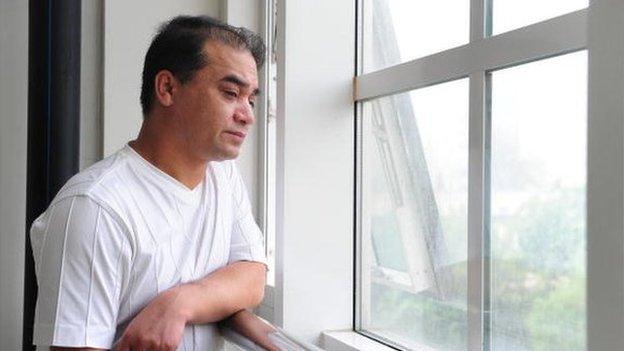
- Published24 May 2022
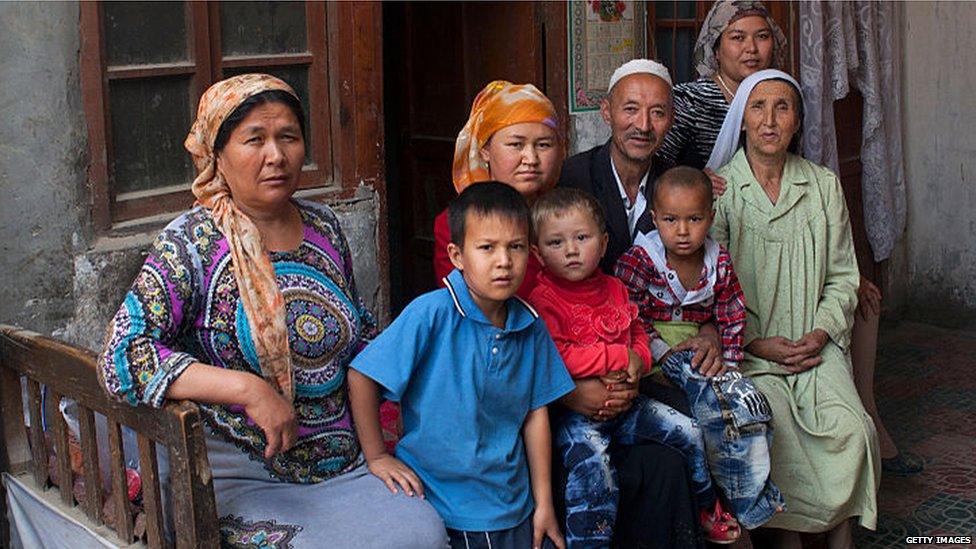
- Published23 May 2014
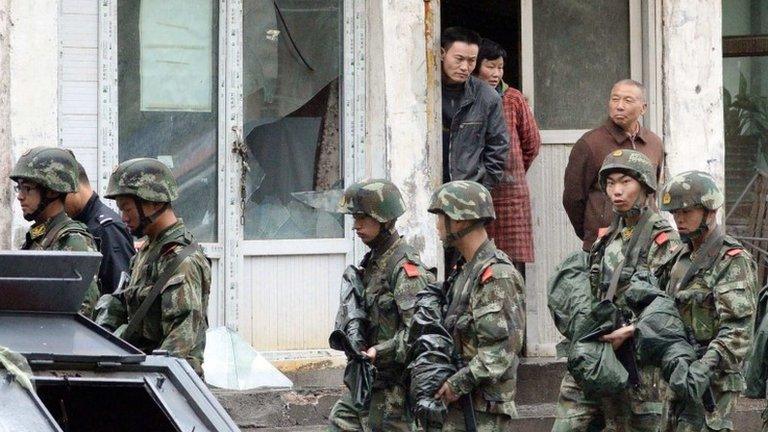
- Published26 February 2014
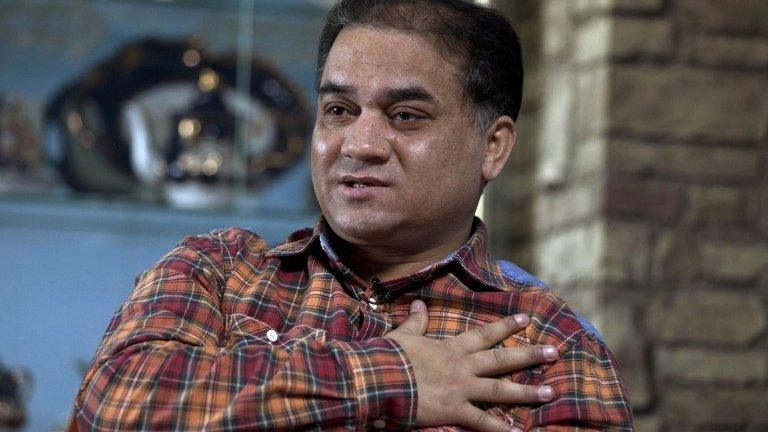
- Published16 January 2014
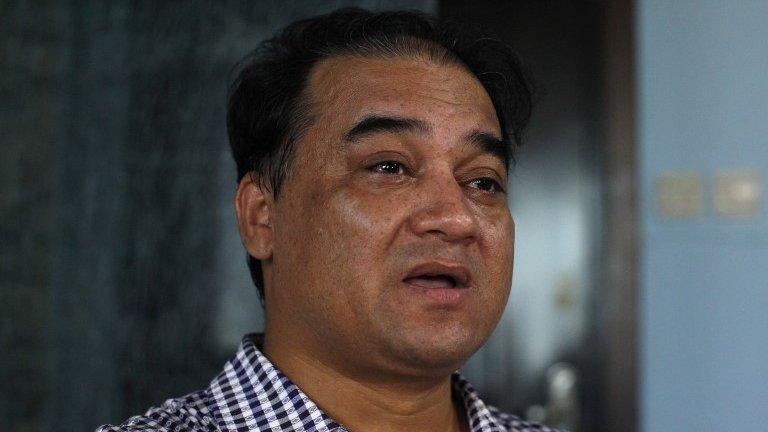
- Published2 March 2014
